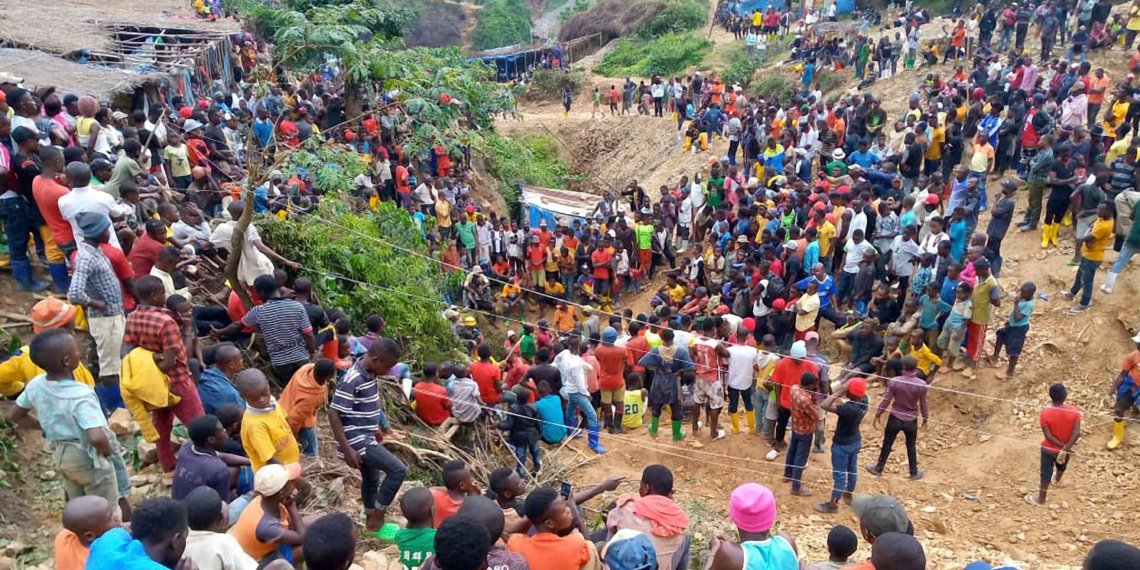by Dr David Bell, Daily Sceptic:

Public health responses are most effective when they are grounded in reality. This is particularly important if the response is intended to address an ‘emergency’ and involves the transfer of large amounts of public money. When we reallocate resources, there is a cost, as the funds are taken from some other programme. If the response involves buying lots of products from a manufacturer, there will also be a gain for the company and its investors.
TRUTH LIVES on at https://sgtreport.tv/
So, clearly, there are three obvious requirements here to ensure good practice:
- Accurate information is required, in context.
- Those gaining financially can have no role at all in decision-making.
- The organisation tasked with coordinating any response would have to act with transparency, publicly weighing costs and benefits.
The World Health Organisation (WHO), tasked by countries to help coordinate international public health, has just proclaimed Mpox (monkeypox) an international emergency. It considered a new outbreak in the Democratic Republic of Congo (DRC) and nearby Central African countries to be a global threat, requiring an urgent global response. In declaring its emergency, the WHO stated there were 537 deaths among 15,600 suspected cases this year. In its August 19th Emergency Meeting on Mpox, the WHO clarified its figures:
During the first six months of 2024, the 1,854 confirmed cases of Mpox reported by States Parties in the WHO African Region account for 36% (1,854 of 5,199) of the cases observed worldwide.
The WHO reiterated that there had been 15,000 “clinically compatible” cases, and about 500 suspected deaths. The implications of these 500 unconfirmed deaths, equaling just 1.5% of the malaria deaths in DRC over the same period, are discussed in a previous article.
Journals such as the Lancet have dutifully towed the WHO’s ‘emergency’ line, though intriguingly noting that the mortality could be far lower if “adequate care” had been provided. Africa CDC agrees, with more than 17,000 cases (2,863 confirmed) and 517 (presumably suspected) deaths of Mpox reported across the continent.
Mpox is endemic to central and west Africa, being present in species of squirrels, rats and other rodents. While it was identified in monkeys in a Danish lab in 1958 (hence the misnomer ‘monkeypox’), it has probably been around for thousands of years, causing intermittent infections in humans between whom it is spread by close physical contact.
Small outbreaks in Africa mostly went unnoticed by the rest of the world, mainly because they were (as now) small and confined. Mass Smallpox vaccination may also have suppressed numbers still further a few decades ago, as Smallpox is in the same Orthopoxvirus genus of viruses. So, we may be seeing an upward trend of this generally milder illness (fever, chills, and a vesicular rash) over recent decades since Smallpox vaccination ceased. The Smithsonian Magazine put an informative summary together in 2022, after the first out-of-Africa outbreak which was spread by sexual contacts within a limited demographic group.
So, here we are in 2024, on the tail of a massively profit-driving (and impoverishing) outbreak called COVID-19 that enabled the largest transfer of wealth from the many to the few in human history. WHO’s announcement that 5,000 (or fewer) suspected Mpox cases is a Public Health Emergency of International Concern (PHEIC) allows it to fast-track vaccines thought its Emergency Use Listing (EUL) programme, bypassing the normal rigour required to approve such pharmaceuticals, and is suggesting pharmaceutical companies start lining up. At least one drug-maker is already discussing supply of 10 million doses before year end. The business case for this approach, from the corporate viewpoint, is well proven. So are the harms in countries like DRC, as a mass vaccination programme of this nature requires redirection of millions of dollars and thousands of health workers who would otherwise be addressing diseases of far larger burden.
The WHO is a large organisation, and while some at the WHO have been on the hustings asking for money, others have been working hard to accurately inform the public (a core responsibility of the WHO, which retains some dedicated people). Like much of the WHO’s work in the past, this is thorough and commendable. Some of this information is summarised in the following graphics:




